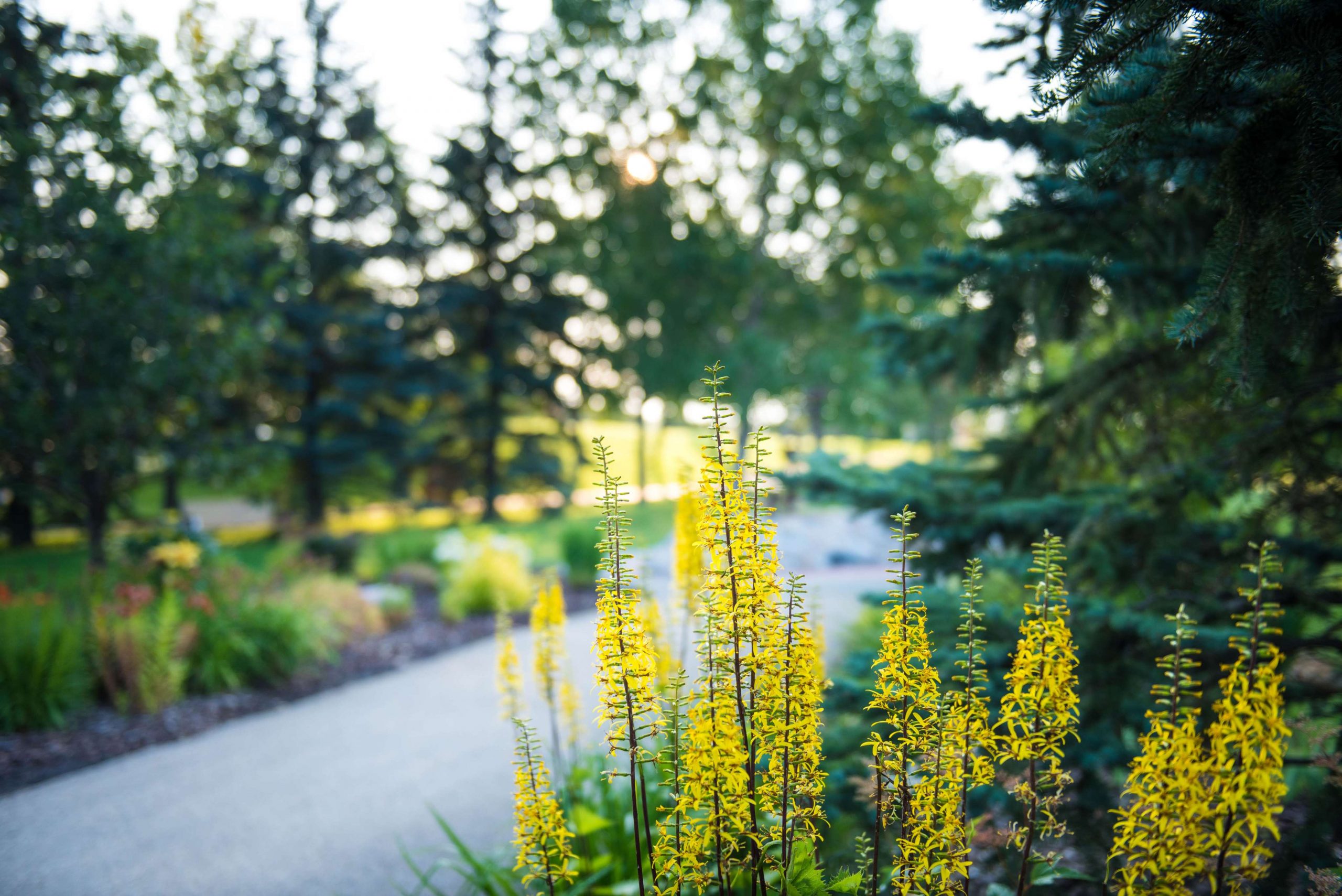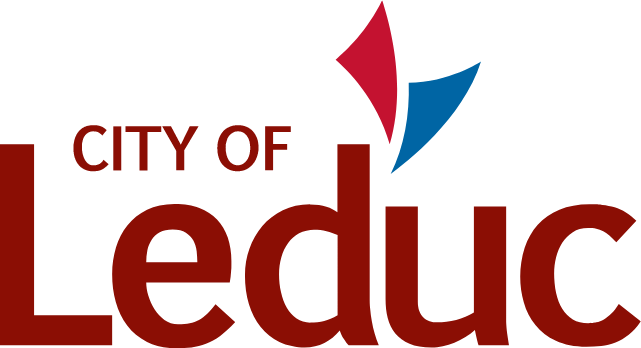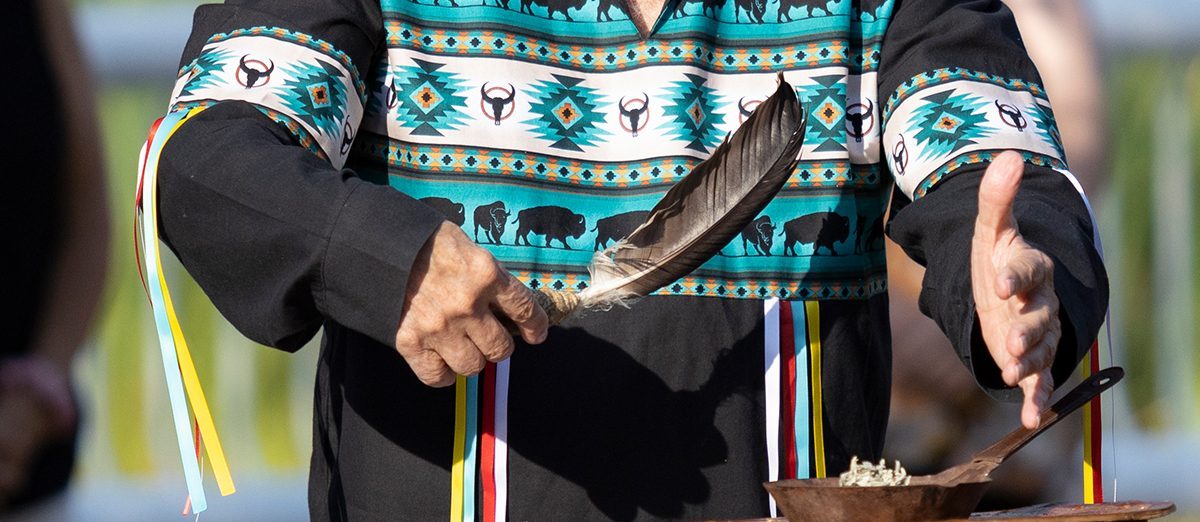The City of Leduc is deeply committed to Treaty, Truth, and ReconciliACTION, acknowledging its location on Treaty 6 Territory and the traditional lands of Indigenous Peoples, including the Cree, Dene, Blackfoot, Saulteaux, Nakota Sioux, and Métis. Reconciliation is an ongoing process that requires learning, reflection, and action to build respectful relationships between Indigenous and non-Indigenous communities.
Acknowledging the Land
Treaty, Truth, and ReconciliACTION
The City’s approach to Treaty, Truth and ReconciliACTION lays out a 12-month cycle of humility and learning, recognizing that we cannot take meaningful action without deep understanding.
Through this cycle we will explore shared commitment and common investment into the future of Indigenous connections and inclusion for the City of Leduc. Taking time as an organization to understand Treaty, learn difficult Truths, invest in relationships with Indigenous neighbours is the foundation of this pathway towards Reconciliation.
The 12-month cycle is built around these important dates:

Red Dress Day (MMIWG Awareness Day) – May 5
This day raises awareness about Missing and Murdered Indigenous Women, Girls, and Two-Spirit individuals (2SMMIWG+). Red dresses are displayed in public spaces as a symbol of the lives lost, aiming to inspire action and remembrance.
National Indigenous History Month (June) and National Indigenous Peoples Day (June 21)
In Canada, June highlights National Indigenous History Month to recognize the significance of Indigenous history, heritage, resilience and diversity of First Nations, Inuit and Métis Peoples across the nation. June 21 is National Indigenous Peoples Day and presents opportunity to spotlight the importance of Treaty, Truth and Reconciliation.
Treaty 6 Day – August 23
Treaty 6 Day provides opportunity to reflect on what Treaty means: to learn about historic and modern Treaties in Canada, to understand Treaty relationships and rights, and recognize that we are all Treaty People. Leduc is situated on Treaty 6 territory, the ancestral and traditional territory of the nêhiyaw (Cree), Dené, Niitsitapi (Blackfoot), Anishinaabe (Saulteaux), Nakota Isga (Nakota Sioux), as well as the Métis people.
City of Leduc Recommitment to ReconciliACTION – October 1
This day is specific to Leduc and allows us to reflect on the meaning and learnings from Sept. 30, and to recommit to the process of reconciliation. It also provides a chance to review the City’s recent efforts to address the Truth and Reconciliation, and to identify the City’s path forward.
How You Can Take Action
- Indigenous Canada – Explore key issues facing Indigenous peoples today from a historical and critical perspective. Audit the class online for free, or pay a fee to receive a certificate of completion at the end of the course.
- Commitment: 12 weeks of study, two to three hours per week.
- Territorial Acknowledgement: Going Beyond the Script – Create a personal, meaningful, and impactful territorial acknowledgement.
- Beyond 94: Truth and Reconciliation in Canada – An immersive website on the 94 Calls to Action of the Truth and Reconciliation Commission. Created by the CBC Indigenous Unit, Beyond 94 allows users to track outcomes on the Calls to Action, learn about residential schools, and discover how Indigenous and non-Indigenous Canadians can work together.
- Indigenous Ally – Published by the Montreal Indigenous Community NETWORK, you will understand the role you can play in creating a positive and sustainable impact on the lives of Indigenous Peoples.
- Telling our Twisted Histories – Savage. Reserve. Indian Time. Words connect us, but have the power to hurt us deeply. Telling our Twisted Histories is an 11-episode podcast series that reclaims Indigenous history by exploring 11 words whose meanings have been twisted by centuries of colonization. Host Kaniehtiio Horn guides us through conversations with over 70 Indigenous people from 11 communities whose lands now make up Quebec and New Brunswick, and Labrador as they share their words, humour, and truths about concepts that impact us to this day.
Learn
Educate yourself and others about Indigenous histories, cultures, and perspectives.
Reflect
Acknowledge the historical injustices and ongoing challenges faced by Indigenous communities.
Act
Attend local events and participate in community-led reconciliation initiatives. Support Indigenous businesses, artists, and organizations.

